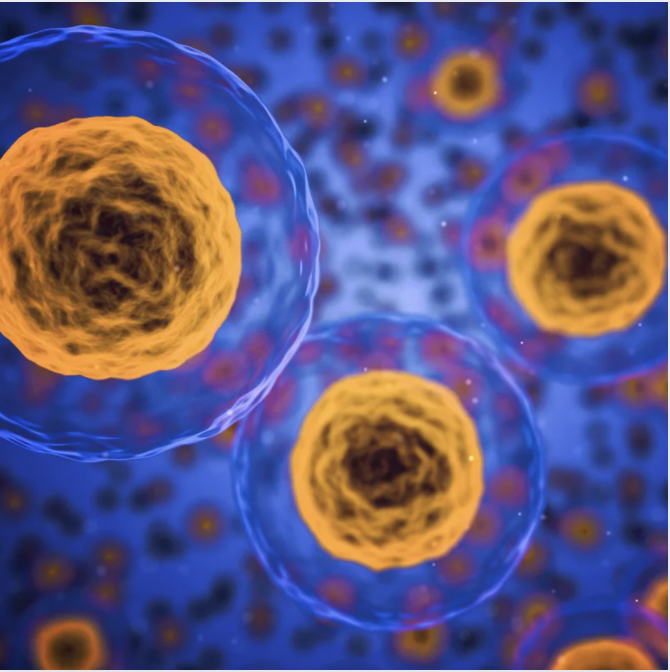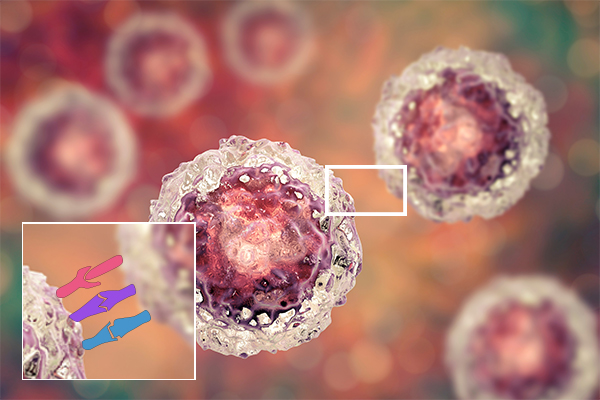The cell cycle is a series of phases that takes place in a cell as it grows and divides. The cell spends most of its time in interphase. During this interphase the cell grows, replicates its chromosomes, and prepares for cell division. Once the cell leaves interphase, it will undergo the process of mitoses and start divining in order to create daughter cells. These new daughter cells will then enter their own interphase and begin a new round of the cell cycle. The cell cycle and its cues are of the utmost importance, because without the cues the cells can either multiply continuously, forming masses, or will not multiply. These cues are cyclins which controls the cell cycle progression.
CD antigens have played a significant role in both diagnosis and treatment for several diseases ranging from autoimmune diseases to cancer. CD antigens are often used as drug targets in drug discovery and as biomarkers in diagnosis because they are both highly specific and are located at the surface of the cells to target different to identify and investigate cell surface molecules.





